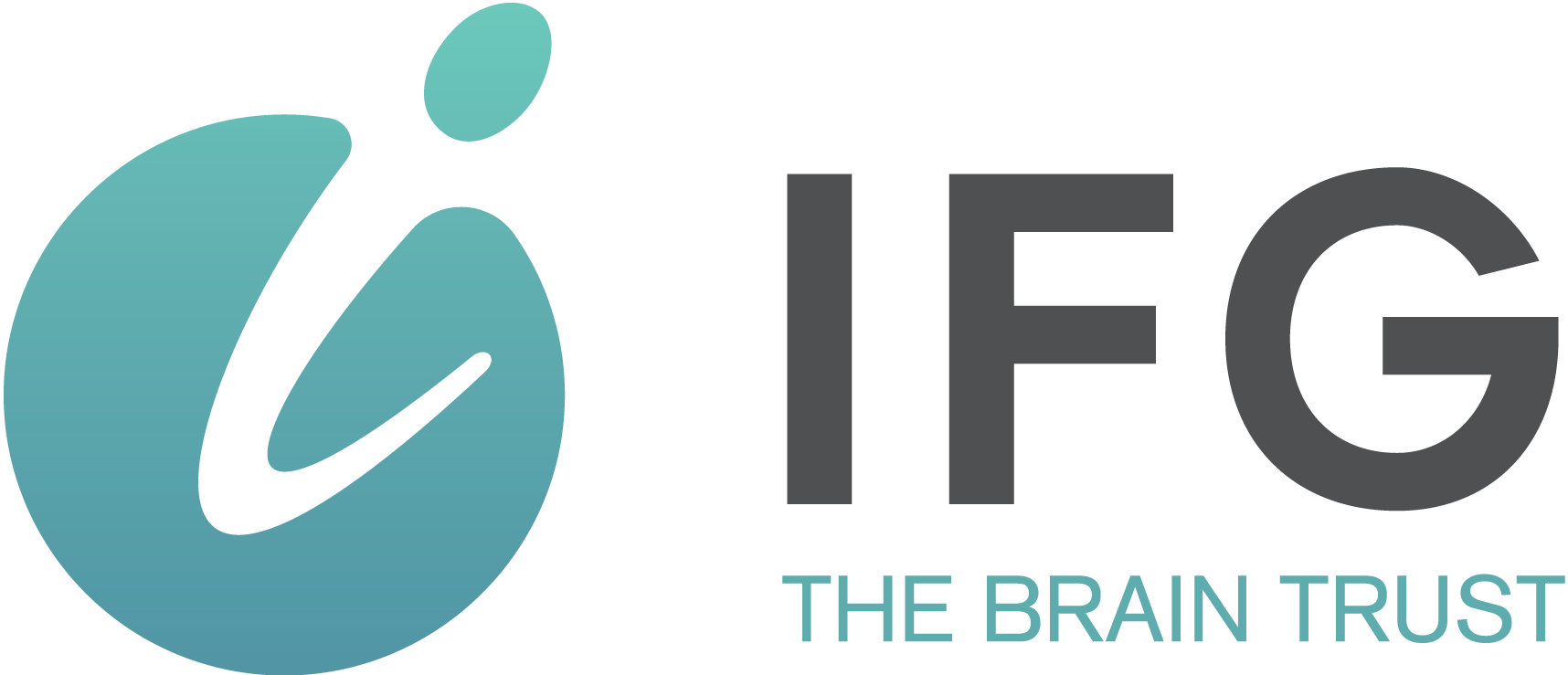- August 30, 2024
The Costs of Going Independent: What Financial Advisors Need to Know

Transitioning to independence is a significant and exciting step that allows you to run your practice the way you’ve always envisioned and unlock a great deal of growth potential. However, it’s essential to understand the costs involved to ensure a smooth and successful transition.
Here’s a comprehensive overview of the primary expenses you’ll encounter when going independent as a financial advisor.
1. Initial Setup Costs:
Office Space and Equipment:
One of the first investments you’ll need to make is in your office space. Whether you choose to rent or purchase, the cost will vary based on location and size. Additionally, you’ll need to invest in office furniture, such as desks and chairs, and other essential supplies.
Don’t forget to budget for technology and equipment, including computers, printers, and other devices necessary for daily operations.
Technology Infrastructure and Software Licenses:
A sure-fire way to streamline the everyday activities of running your practice on your own is to invest in AI tools for financial advisors. This might include financial planning software to help with client management and portfolio analysis; a Customer Relationship Management (CRM) system that can assist in maintaining client interactions and data. We go into greater detail about the tools you might need below.
It is also imperative that you budget for data storage and cybersecurity tools to protect sensitive client information.
Legal and Compliance Fees:
Navigating legal and compliance requirements is a key part of starting your independent practice. Expect to pay for registration and licensing fees to legally operate as a financial advisor. Additionally, consulting with legal experts for business formation and compliance consulting is a necessary investment to ensure you meet all regulatory requirements.
2. Ongoing Operational Expenses:
Another Administrative Staff Salaries:
As your practice grows, hiring administrative staff becomes necessary to handle day-to-day operations. This includes salaries, benefits, and payroll taxes for roles such as office managers and administrative assistants. Properly managing these costs is essential for maintaining operational efficiency and client satisfaction.
Partnering with IFG can alleviate some of these costs by providing administrative support, as well as compliance and trading assistance. Learn more about our services here.
Marketing and Client Acquisition Costs:
To attract and retain clients, you’ll need to invest in marketing and client acquisition strategies. This may involve costs for advertising, promotional materials, and networking events. Developing a strong marketing plan is crucial for building your brand and expanding your client base.
Professional Development and Continuing Education:
Staying current with industry standards and continuing education is vital for maintaining your expertise. Budget for costs related to certifications, licenses, and attendance at industry conferences. Investing in professional development ensures that you remain competitive and provide high-quality service to your clients.
3. Insurance and Risk Management:
Errors and Omissions (E&O) Insurance:
Errors and Omissions insurance is essential for protecting against claims of negligence or mistakes in your professional services. This coverage is crucial for shielding your practice from potentially costly legal disputes.
Cybersecurity Insurance:
Given the digital nature of financial advising, cybersecurity insurance is important for protecting against data breaches and cyberattacks. This insurance helps cover costs related to data loss, legal fees, and business interruption.
Business Liability Insurance:
General business liability insurance protects your practice from claims of bodily injury, property damage, and other liabilities. Additionally, consider property and casualty insurance to cover physical assets and operational disruptions.
4. Revenue Considerations:
Potential Income Fluctuations During Transition:
Transitioning to independence may involve income fluctuations as you build your client base and establish your practice. It’s important to plan for these potential changes in cash flow and manage your finances accordingly.
Fee Structures and Pricing Strategies:
Developing a competitive and sustainable fee structure is essential for your practice’s profitability. Analyze different pricing models and choose a strategy that aligns with your services and client expectations.
Building a Sustainable Client Base:
Focus on strategies for attracting and retaining clients to ensure long-term success. Building a strong client base involves effective networking, referrals, and providing exceptional service.
5. Time Investment:
Business Management Responsibilities:
Running an independent practice requires a significant time investment in managing daily operations, strategic planning, and business development. Effective time management is crucial for balancing these responsibilities.
Client Relationship Management:
Maintaining strong client relationships is key to the success of your practice. Allocate time for regular client interactions, follow-ups, and personalized service to ensure client satisfaction and loyalty.
Balancing Growth with Work-Life Balance:
Striking a balance between growing your practice and maintaining a healthy work-life balance is essential. Implement strategies to manage your workload and personal time effectively.
6. Compliance and Regulatory Costs:
RIA Registration Fees:
Registering as a Registered Investment Advisor (RIA) involves fees at both the state and federal levels. Ensure you budget for these initial and ongoing registration costs.
Ongoing Compliance Maintenance:
Compliance with regulatory requirements is an ongoing expense. This can include costs for compliance consulting, updates, and periodic reviews to ensure your practice adheres to all regulations.
Potential Audit Expenses:
Be prepared for the possibility of audits, which can incur additional costs. Budget for potential audit expenses and consider setting aside reserves for unexpected regulatory checks.
IFG advisors work with our in-house Compliance Team that offers tailored solutions for your compliance needs. As dedicated advocates, we assist in navigating the complexities of the industry and staying abreast of the ever-evolving regulations, ensuring compliance and minimizing risk.
7. Technology and Tools:
CRM Systems:
Invest in a reliable CRM system to manage client relationships and streamline communication. This tool is essential for maintaining detailed client records and improving service efficiency.
Financial Planning Software:
Choose comprehensive financial planning software to assist with client analysis and portfolio management. Ensure the software integrates well with other tools and meets your practice’s needs.
Portfolio Management Tools:
Portfolio management tools help you manage and analyze client investments. Budget for these tools to ensure you can effectively monitor and adjust client portfolios.
8. Marketing and Branding:
Website Development and Maintenance:
A professional website is crucial for establishing your online presence. Invest in website development and ongoing maintenance to keep your site updated and functional.
Content Creation for Thought Leadership:
Developing high-quality content, such as blogs and articles, is important for positioning yourself as a thought leader. Budget for content creation and distribution to enhance your practice’s visibility and credibility.
Networking and Event Participation Costs:
Participating in industry events and networking activities can be a valuable investment. Allocate funds for event attendance and participation to build relationships and grow your practice.
9. Support and Collaboration:
Costs of Joining Advisor Networks:
Joining advisor networks can provide valuable support and resources. Consider the membership fees and evaluate the benefits of joining such groups for collaboration and networking.
Outsourcing Specialized Services:
Outsource specialized services, such as legal, accounting, and IT support, to ensure efficiency and expertise. Budget for these outsourcing costs to maintain smooth operations and focus on client service.
Professional Memberships and Associations:
Invest in memberships and associations relevant to your industry. These memberships provide access to resources, networking opportunities, and industry updates.
10. Long-term Financial Planning:
Retirement Planning for Self-Employed Advisors:
Plan for your retirement by setting up retirement accounts and investment strategies. Self-employed advisors need to proactively manage their retirement savings to ensure financial security.
Business Succession Planning:
Develop a business succession plan to ensure the future continuity of your practice. This plan should outline strategies for transitioning ownership or management in the event of retirement or unforeseen circumstances.
Reinvestment Strategies for Practice Growth:
Allocate funds for reinvestment in your practice to support growth and development. Consider strategies for expanding services, upgrading technology, and enhancing client offerings.

The Cost of Waiting: Why Delay Can Impact Your Growth
Deciding to go independent is a major move, and the timing of this decision can significantly influence your long-term success. While waiting to transition to independence might seem like a safer bet, it can actually come with substantial costs and missed opportunities.
Here’s a look at the potential consequences of delaying your move and how Integrated Financial Group (IFG) can help mitigate these costs.
The Financial and Professional Costs of Waiting
Lost Revenue Potential:
Every year you delay transitioning to independence is a year you miss out on potential revenue growth. Independent advisors often have more control over their fee structures and client relationships, which can lead to higher earnings compared to traditional employment models. Waiting means postponing these financial benefits and potentially falling behind in income growth.
Opportunity Costs:
In the rapidly evolving financial advisory industry, opportunities can quickly come and go. By delaying your transition, you risk missing out on emerging trends, technologies, and client opportunities. Independent advisors often have the flexibility to adapt quickly to changes in the market, giving them a competitive edge that can be lost if you wait too long.
Client Relationship Impact:
Transitioning to independence sooner rather than later allows you to build and nurture client relationships on your terms. Delaying this transition might result in losing the momentum with existing clients or missing opportunities to attract new ones. Clients appreciate continuity and personalized service, which are often more achievable in an independent setting.
Professional Growth and Satisfaction:
Waiting to go independent can also delay your professional growth and job satisfaction. Many advisors find that independence offers greater autonomy, allowing them to implement their vision and strategies without the constraints of a corporate environment. The longer you wait, the longer you might feel constrained by traditional structures or management that could otherwise be holding back your professional fulfillment and the growth of your business.
How Integrated Financial Group Can Help
Integrated Financial Group (IFG) understands the complexities and potential costs associated with transitioning to independence. Our collaborative ethos and comprehensive support system are designed to help you navigate this process smoothly and efficiently.
Dedicated Transition Services Team:
Our dedicated transition services team is here to ensure that your shift to independence is as seamless as possible. We provide hands-on assistance throughout the entire process, from setting up your new practice to integrating technology and managing compliance requirements. Our team’s expertise helps minimize disruptions and accelerates your path to independence.
The Brain Trust Initiative:
At IFG, the Brain Trust initiative is a cornerstone of our support system. This unique culture fosters a collaborative environment where members regularly engage in meaningful dialogue, share insights, and support each other’s success. Through annual retreats, Mastermind Groups, and interactive platforms, you’ll have continuous opportunities to connect with like-minded advisors, exchange strategies, and enhance your practice.
Access to a Network of Experienced Advisors:
Joining IFG means gaining access to a select network of experienced and enthusiastic advisors who are eager to share their personal formulas for success. This network provides valuable mentorship and support, helping you avoid common pitfalls and leverage proven strategies for building and growing your independent practice.
Continuous Learning and Support:
Our commitment to your success extends beyond the initial transition. IFG offers ongoing resources and learning opportunities to keep you informed about industry trends, best practices, and emerging technologies. This continuous support ensures that you remain at the forefront of the industry and continue to thrive as an independent advisor.

The Bottom Line
In summary, the cost of waiting to go independent can be significant, impacting your potential earnings, professional growth, and client relationships. By choosing to transition sooner, you can capitalize on the benefits of independence and avoid the missed opportunities associated with delay.
Integrated Financial Group is here to support you every step of the way, offering dedicated transition assistance, a collaborative network, and ongoing resources to ensure your success. Don’t let the costs of waiting hold you back—explore how IFG can help you make a successful transition today.



